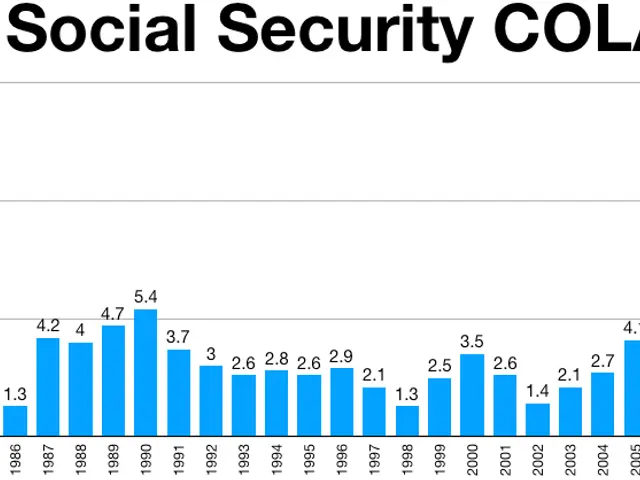FCC Launches Quadrennial Review of Broadcast Ownership Rules
The Federal Communications Commission (FCC) has initiated its next quadrennial review, including a close look at broadcast ownership rules. This move has sparked a mix of reactions from various groups in the broadcasting industry and beyond.
On one hand, several organizations have welcomed the review as an opportunity to modernize outdated rules. The National Association of Broadcasters (NAB), for instance, has long advocated for more flexible ownership rules to help radio and TV stations operate more efficiently and keep up with dynamic markets. Similarly, companies like Entercom (now Audacy), iHeartMedia, and Beasley Broadcast Group have expressed support for loosening the caps to facilitate consolidation, boost investments, and improve services.
On the other hand, the review has drawn opposition from groups like Common Cause, musicFirst Coalition, Future of Music Coalition, and CWA-NABET. They argue that easing the caps could lead to a reduction in media diversity and localism. Not all broadcasters are on board either; iHeartMedia, for example, has previously expressed concerns about abolishing AM caps entirely and raising FM limits.
The FCC's advancement of the 2022 Quadrennial Review has been praised by NAB President/CEO Curtis LeGeyt. He believes the current rules hinder investment, innovation, and broadcasters' ability to serve their communities. Several multicultural groups and local media companies have also expressed support for changing the caps.
The FCC's review of broadcast ownership rules is set to consider various perspectives, from broadcasters seeking more flexibility to groups advocating for media diversity. The outcome will significantly impact the future of radio and its role in serving communities.





